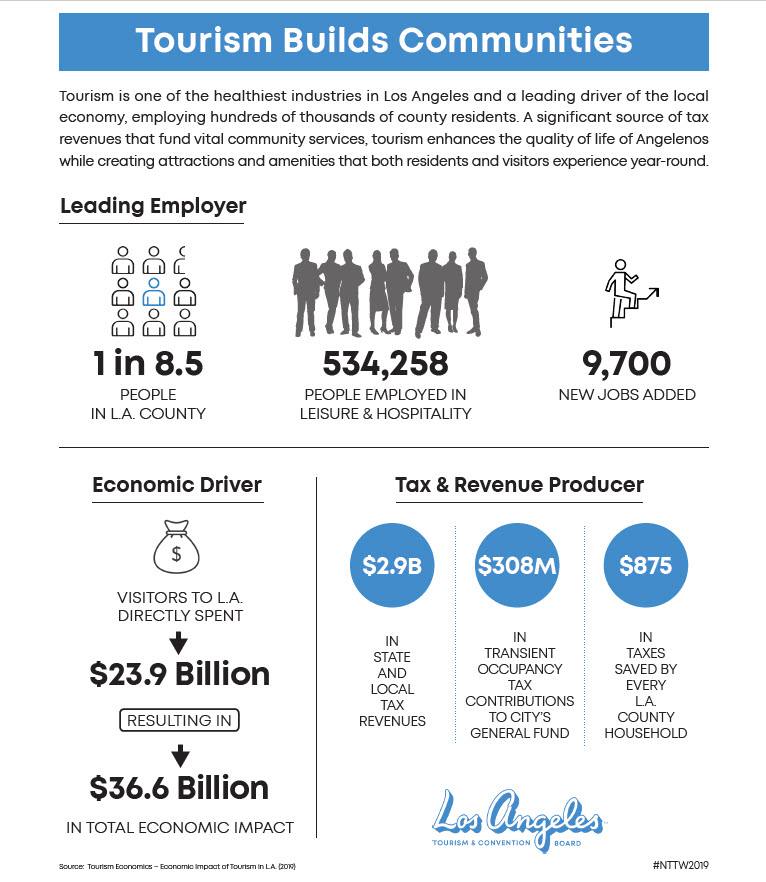The ramifications of the writers’ strike have reverberated profoundly throughout the Los Angeles economy, a landscape notoriously reliant on the entertainment industry. The glitz and glamour of Hollywood, often perceived as an unwavering bastion of prosperity, found itself ensnared in a quagmire of challenges. As scripts languished in limbo and productions ground to a halt, a stark reality emerged: the financial fabric of Los Angeles was fraying at the seams.
The strike not only disrupted the livelihoods of writers but created a ripple effect that engulfed the myriad of professionals who depend on the vibrant ecosystem of the film and television industry. From caterers and set designers to local businesses that thrive on the foot traffic generated by film-related activities, the fallout was palpable. As studio lots fell silent, restaurants, hotels, and retail shops experienced a dramatic downturn, prompting layoffs and shutterings that jolted the local economy to its core.
Once the epicenter of creative innovation, the city now faced the pressing question: how to recover from such a debilitating strike? The economic ramifications ran deeper than mere statistics, as the fabric of local life—as intertwined as it is with the entertainment sector—began to unravel. Promises of economic resurgence, once couched in grand aspirations, now appeared disconcertingly fragile.
Yet, amidst the uncertainty, there emerged a clarion call for a reexamination of the city’s relationship with its creative workforce. Workers from myriad sectors began advocating for better conditions and sustainable practices, suggesting that the cultural zeitgeist of Los Angeles is on the cusp of transformation. The idea that creativity can flourish outside the shackles of conventional industry practices is gaining traction, sparking spirited discussions on potential shifts in work dynamics and compensation models.
This tumultuous period has prompted many to ponder the very nature of the entertainment industry. Will the lure of instant success supersede the necessity for fair compensation, or will the strike catalyze enduring reforms in labor practices? The questions loom larger than a blockbuster’s opening weekend, inviting a discourse that challenges the status quo. A demographic of burgeoning creators is poised to seize this moment—a moment pregnant with possibilities that could redefine the contours of creativity and commerce.
As the shroud of uncertainty begins to lift, Los Angeles stands at a crossroads. The strike has not only elevated the discourse around worker rights but has ignited a spirit of resilience within the community. In navigating the recovery, the focus must transcend the merely economic and embrace a holistic approach that values the artistry that breathes life into the city. Whether this period of introspection will yield a renaissance or a retreat remains to be seen, but there is a palpable sense of eagerness in the air—a yearning to carve out a future that acknowledges both the power of creativity and the need for equitable labor practices.
